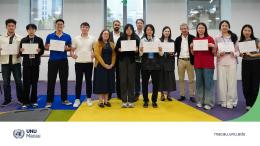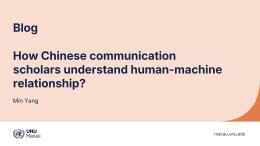SPEAKERS
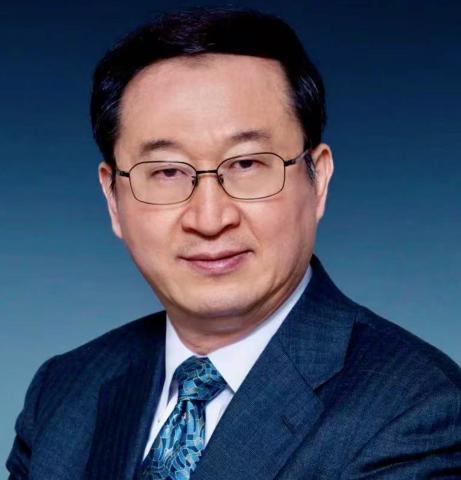
University Professor of Humanities and Social Sciences of Shanghai Jiao Tong University, President of China Institute for Socio-Legal Studies | 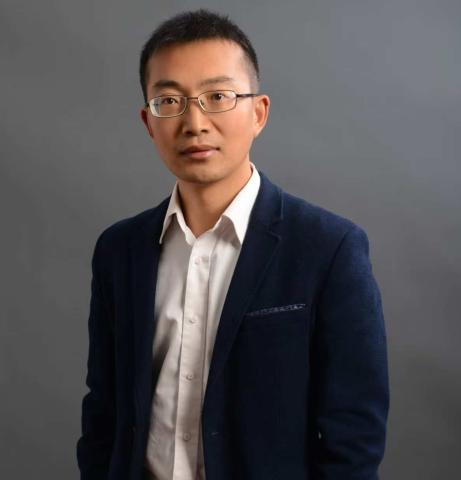
Tenured Professor of KoGuan Law School, Shanghai Jiao Tong University | Distinguished Professor of KoGuan Law School, Shanghai Jiao Tong University | 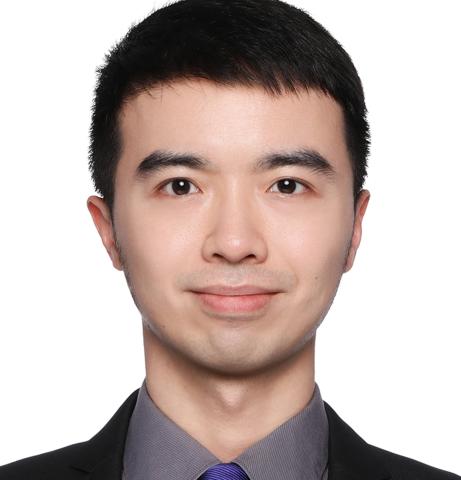
Associate Professor of KoGuan Law School and Institute for China Society and Law, Shanghai Jiao Tong University. |
DESCRIPTION
AI technologies are being integrated into judicial systems at an unprecedented pace, from sentencing prediction and case allocation to evidence analysis. However, this technological empowerment is accompanied by structural contradictions, such as tensions between efficiency and fairness, opacity of algorithmic systems versus institutional transparency, and conflicts in multistakeholder governance.
This session will address the core question: how can AI advance equity and justice while being embedded in judicial processes? Discussions will focus on collaborative configurations of judicial authority, governance frameworks for judicial technologies, and innovative rules for cross-border AI-assisted judicial cooperation. The session aims to resolve paradoxes in judicial AI adoption, drive paradigm shifts in digital justice, and foster transnational collaboration in AI-enabled judicial systems.
This session is part of the UNU Macau AI Conference 2025, which brings together thought leaders, innovators, and stakeholders under the theme AI for Humanity: Building an Equitable Digital Future. To view the full program, please visit the program page. To join the Conference, please visit the registration page.
Celebrating #UN80 and #UNUat50 | Oct. 23-25, 2025 | Macau SAR, China
UNU Macau AI Conference 2025 | AI Education Day | AI for SDGs: Global Youth AI Future Innovation Competition


